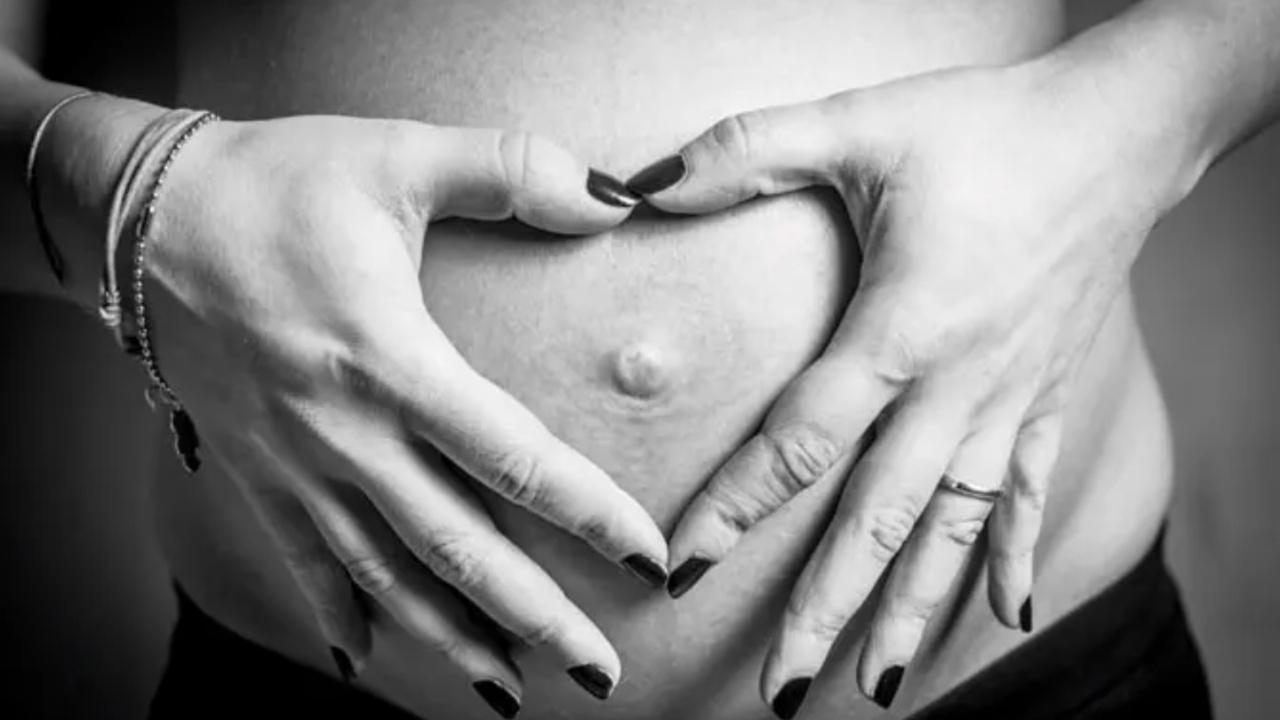The Centre has amended surrogacy rules to allow donor gametes for couples and single women. However, surrogate mothers cannot donate their eggs and single men cannot opt for surrogacy. Here’s what the modified Act says

Image for representational purpose only. Photo Courtesy: istock
Key Highlights
- The Ministry of Health and Family Welfare has modified the surrogacy rules (2022)
- Married couples can avail donor gametes in case one of the partners is medically unwell
- The law does not allow single men to opt for surrogacy
UNLOCK FULL ACCESS
Buy now to read the full story.
For Just ₹29/-
Already a member? Login
For any queries please contact us: E-mail: support@mid-day.com
 Subscribe today by clicking the link and stay updated with the latest news!" Click here!
Subscribe today by clicking the link and stay updated with the latest news!" Click here!








